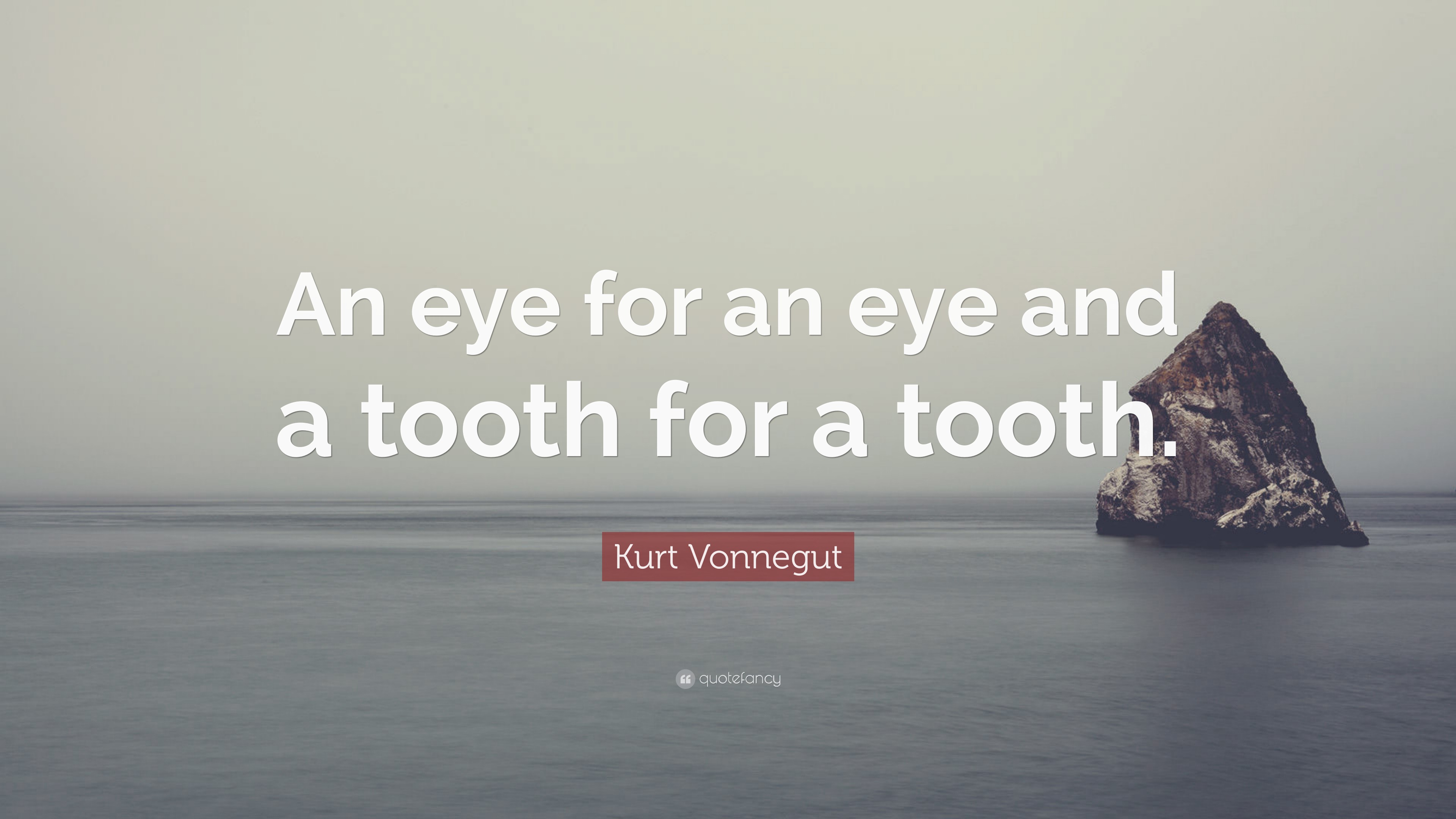

Where the Torah endorsed strict, retaliatory justice, Yeshua endorses mercy and grace.īut is this really what’s going on here? We must ask ourselves two questions in this regard. (Matt 5:38-42)įrom this passage, it appears that Yeshua is telling his disciples that the Torah prescribed one, strict method of dealing with damages and injuries and he is prescribing another, more lenient method. Give to the one who begs from you, and do not refuse the one who would borrow from you. And if anyone forces you to go one mile, go with him two miles. And if anyone would sue you and take your tunic, let him have your cloak as well. But if anyone slaps you on the right cheek, turn to him the other also. You have heard that it was said, ‘An eye for an eye and a tooth for a tooth.’ But I say to you, Do not resist the one who is evil. Yeshua seems to come and soften the Torah’s extreme system of justice when he says, If two people get in a fight and one gouges out the other’s eye, then the offender is to be held down and have his eye gouged out as payment for the offense. Leviticus 24:19–20 says, “If anyone injures his neighbor, as he has done it shall be done to him, fracture for fracture, eye for eye, tooth for tooth whatever injury he has given a person shall be given to him.” So, it would seem that from this command and the one in Exodus 21, that the Torah condones a retaliatory style of justice. Upon a cursory read of the books of Moses, the Torah, some of the laws contained within it not only seem a bit harsh, but even barbaric at times. But if there is harm, then you shall pay life for life, eye for eye, tooth for tooth, hand for hand, foot for foot, burn for burn, wound for wound, stripe for stripe. When men strive together and hit a pregnant woman, so that her children come out, but there is no harm, the one who hit her shall surely be fined, as the woman's husband shall impose on him, and he shall pay as the judges determine.

Maybe it will help you to explain this seeming contradiction to others who have posed this or a similar question to you. In our current newsletter, I address this question with an article entitled “An Eye For An Eye,” explaining Yeshua’s teaching in this instance. Maybe you have come across this type of question as well. If we are required to be fully Torah observant, and Yeshua was simply establishing a way for us to do so in practice but without making any actual change to the laws Moses communicated, then how could Yeshua establish a new law of mercy in their place as he told his followers here? Yeshua said "you have heard they were told 'an eye for an eye, a tooth for a tooth.' But what I tell you is this: do not resist those who wrong you." (Mt. Among them is "an eye for an eye, tooth for tooth" (v. God gave the people laws to obey, as recorded in Exodus 21 ("these are the laws you are to set before them." v. Yeshua’s words in Matthew 5 seem to advocate changing the Torah’s principle of “eye for eye” with grace and mercy. I was recently asked a sincere question about the relationship of Yeshua to the Torah.


 0 kommentar(er)
0 kommentar(er)
